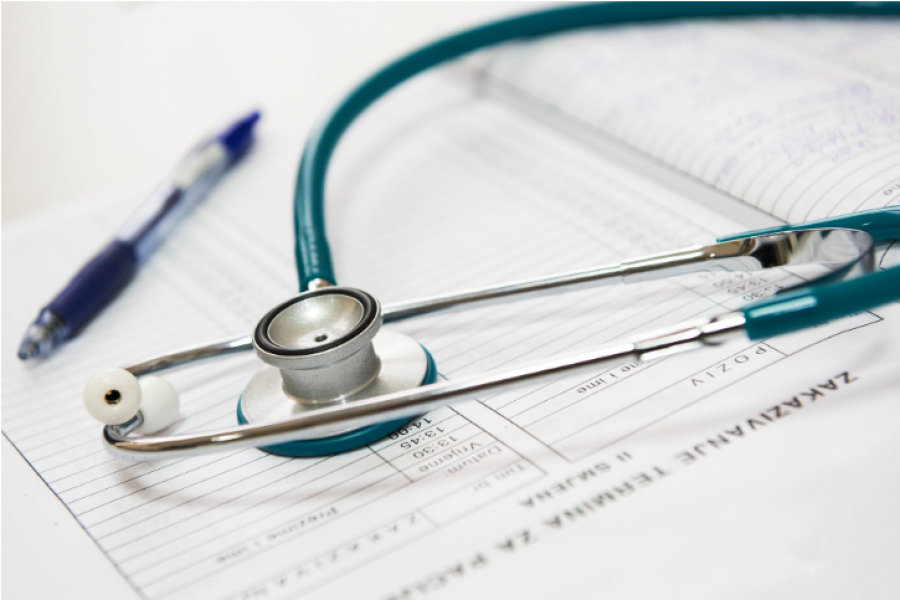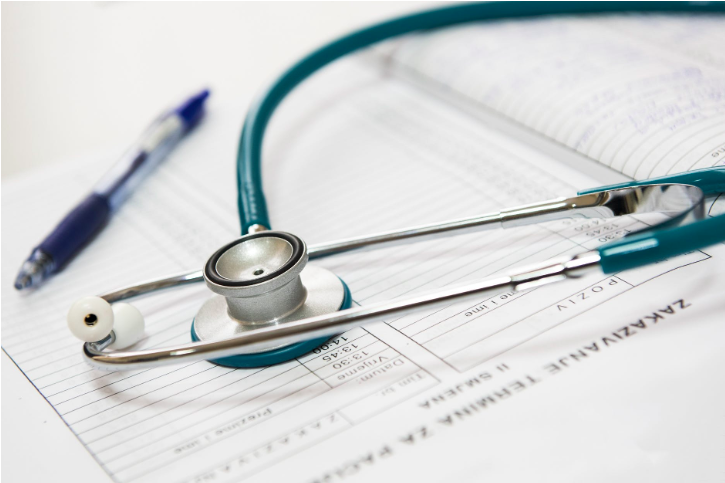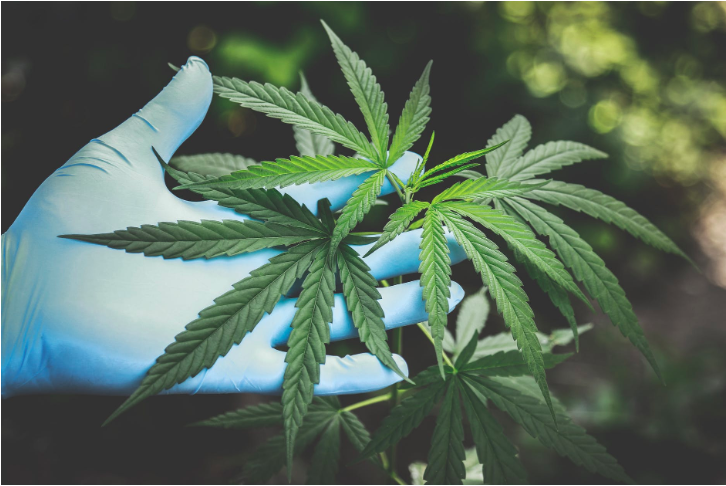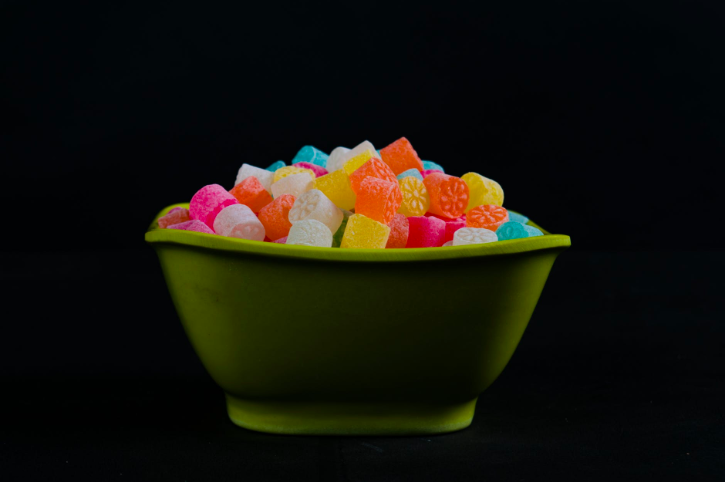
Are you planning to use medical marijuana for the first time?
Marijuana is often prescribed because it is helpful in treating many symptoms and conditions. As of now, the use of medicinal cannabis is legal in 33 states.
In this article, we'll go over the essential things you should know before consuming medical marijuana in Hawaii. You'll learn about the qualifying conditions, effects, and tips for treatment.

#1: The qualifying conditions in Hawaii
Not all medical conditions are open to obtaining medical marijuana. You need to have a qualifying medical condition in order to become a medical marijuana patient. Here are some of the most common medical conditions that qualify for medical marijuana in the state of Hawaii:
- Glaucoma
- Rheumatoid Arthritis
- Multiple Sclerosis (MS)
- Lupus
- Epilepsy
- Cancer
- HIV or AIDS
- Crohn's Disease
- Post-Traumatic Stress Disorder (PTSD)
However, there is another distinction besides medical conditions. When you have one or more of the following symptoms brought on by a debilitating or chronic disease, you often qualify as well:
- Seizures
- Wasting syndrome
- Severe nausea
- Severe pain
- Severe muscle spasms that persist
For an up-to-date overview, check this list of eligible debilitating medical conditions.
Note that the eligible conditions vary in different states. Also, there are differences in the allowed forms of medical marijuana. For example, Maryland allows only cannabis flower and infused products, effectively disqualifying edibles.
#2: Marijuana has different strains
Cannabis contains chemical compounds that provide medicinal benefits. Two of the most common compounds are cannabinoids called CBD and THC. However, different strains have varying levels of cannabinoids.
The cannabinoid ratio isn't the same across different strains. Thus, you should expect distinct effects when consuming medical marijuana products. Also, it's important to note that the cannabinoid content may not be the same within one strain.
#3: People respond differently
Did you hear about your friend's success or failure with medical marijuana treatment? While it's good to share stories, their experience won't predict the course of your personal treatment.
There are many variables that affect how effective is the treatment:
- Age
- Medical condition
- Genetical disposition
- Weight
Every person using medical cannabis has a unique story. It's better to listen to your doctor's advice when it comes to creating an effective marijuana treatment course.
Don't forget that the way you store your marijuana affects its potency. Refrigeration may preserve the potency of tinctures and capsules for a longer period of time.

#4: Following the Hawaii state rules
Hawaii has laws and rules in place that regulate the use of medical cannabis. Here are the major takeaways from the regulations:
- Medical cannabis is subject to all the "Smoke-Free" laws place in Hawaii.
- Driving or operating a motor vehicle in any way isn't allowed when the operator or driver is under the influence of medical marijuana.
- The use of butane to extract THC from cannabis by patients or caregivers is a Class C felony.
- In-state and out of state registered patients and caregivers can't possess, acquire, cultivate, use, distribute, or transport cannabis and paraphernalia in public places. Public places hold the widest definition in this context. For example, moving vehicles or public beaches and parks are considered public places.
- You need a statement from a Hawaii physician together with a qualifying condition to get an ID card.
- The cannabis has to be transported in a sealed container. You can't remove cannabis from the sealed container while being in a public place.
- Patients and caregivers aren't allowed to transport cannabis inter-island.
- According to Hawaii law, you can't use medical cannabis when there's any danger to the well-being or health of another person.
- Patients (or collectively with the caregiver) may possess four ounces of processed marijuana and cultivate 10 plants in total.
#5: Medical marijuana side-effects
The side-effects highly depend on individual characteristics. The chemical makeup of cannabis depends on the particular strain. Therefore, you can experience distinct side-effects according to the cannabis strain.
Here are some of the most common side-effects of medical marijuana:
- Concentration issues
- Dizziness
- Dry mouth and throat
- Fast heartbeat
- Lowered blood pressure
- Mood changes
- Red eyes
- Urinary retention
Note that not all patients experience these side-effects. Talk to your doctor after feeling any adverse effects of medicinal cannabis use.
#6: Ensuring the purity of cannabis
Do you have a weak or compromised immune system? In this case, it's important to ensure the medical marijuana doesn't have any contaminants. The most common threats include the following:
- Mold
- Heavy metal accumulation
- Mildew
- Pesticides
#7: No edibles in Hawaii
The medical marijuana edibles in the traditional sense aren't available in Hawaii. However, you are able to consume capsules and tinctures for a longer release of the chemical compounds.
Be careful when consuming slowly acting medical marijuana products. You should wait at least 90 minutes for its calming effects. The onset depends on your weight, food consumption, and other variables.

The bottom line: consuming medical marijuana for the first time
Hawaii laws allow patients with certain medical conditions to use medical marijuana. You should understand the regulations before obtaining medicinal cannabis for the first time.
Here are the key points for first-time medical marijuana users:
- Every person is different. Don't set any expectations based on others' experiences.
- Acknowledge and follow all the Hawaii state rules concerning the use of medical marijuana.
- The effects depend on the strain. Your experience may vary even within the use of one strain.